Sujit Kumar Datta, Former Chairman of Department of International Relations, University of Chittagong, Bangladesh
Feb 26, 2025
America’s stunning withdrawal from global leadership under President Donald Trump’s isolationist policies has accelerated China’s rise, marking a significant shift in global power dynamics. China’s timing is perfect for the moment as it promotes a vision of global collaboration and shared prosperity.
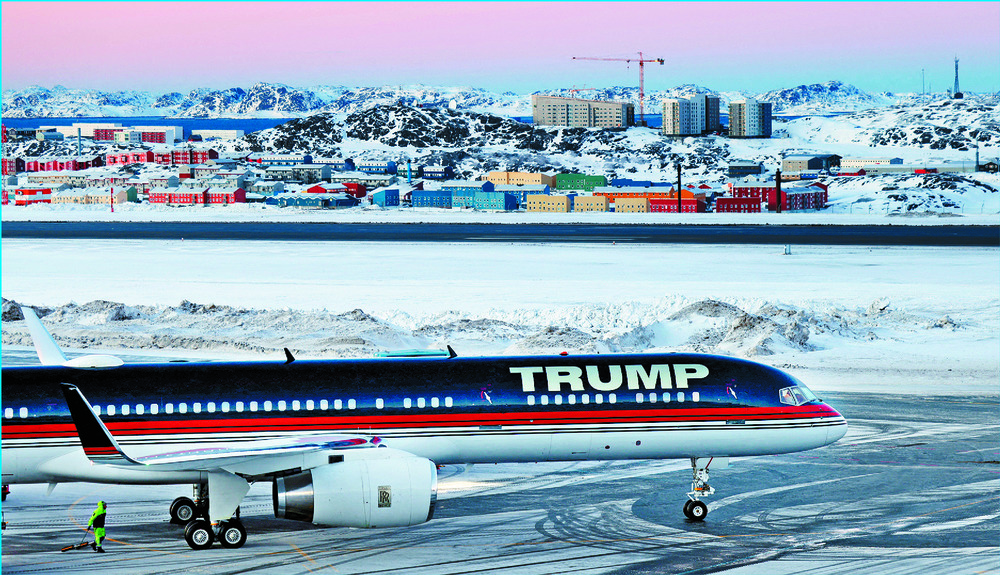
Sebastian Contin Trillo-Figueroa, Geopolitics Analyst in EU-Asia Relations and AsiaGlobal Fellow, The University of Hong Kong
Franz Jessen, Former EU Ambassador to the Philippines and Vietnam; EU Deputy Head (Beijing); Economist and Diplomat in EU-Asia Relations
Jan 10, 2025
Greenland is synonymous with the far reaches of the Northern Atlantic, out of the way of major global events, but now with an ever growing demand for energy and Donald Trumps’ bold overtures, could the remote island become a hotbed of competing global interests?
Philip Cunningham, Independent Scholar
Sep 21, 2024
As U.S.-China relations face mounting tension and uncertainty, reflecting on the early days of cultural exchange in the 1980s reveals a simpler time of optimism, goodwill, and mutual curiosity. While today's challenges are formidable, the shared experiences of those who helped build these ties offer a reminder that, even in times of difficulty, there remains potential for collaboration and understanding.
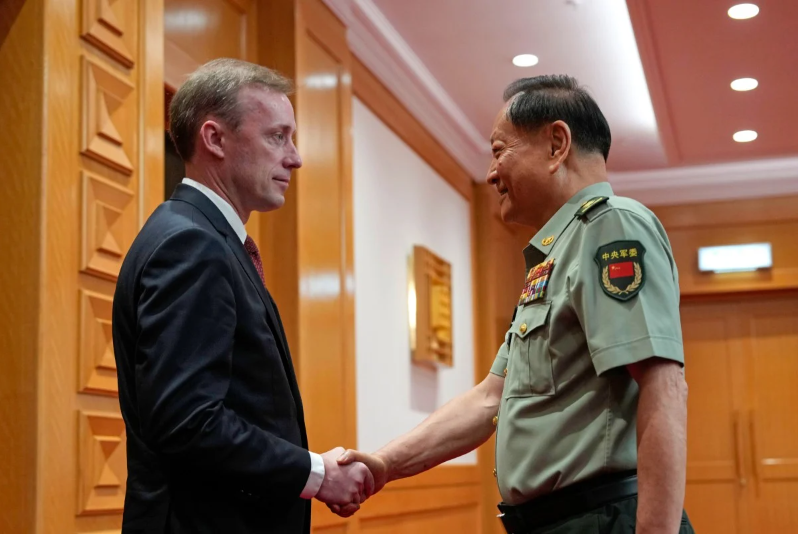
Zhao Minghao, Professor, Institute of International Studies at Fudan University, and China Forum Expert
Sep 13, 2024
The recent visit to Beijing by Jake Sullivan, the U.S. national security adviser, revealed some new trends in the development of relations. Both sides wish to preserve stability against the backdrop of U.S. presidential elections and — to use a significant phrase — move forward.
Vasilis Trigkas, Visiting Assistant Professor, Schwarzman College, Tsinghua University
Aug 30, 2024
There are parallels between the historical lessons of World War I and the current era of hegemonic transition, with China's 10 years old proposal of the "New Type of Great Power Relations" still offering a framework for navigating U.S.-China relations. Ultimately, strategic dialogue and cooperation between great powers is of utmost importance to avert great power conflicts.
Chen Xin, Senior Visiting Fellow at Institute for Global Cooperation and Understanding, Peking University; Research Fellow at New Zealand Asia Institute, University of Auckland
Aug 23, 2024
The island nation’s Maori traditions help it navigate alliances and multilateral partnerships in a world where geopolitical currents are continually shifting. With China as its largest trading partner, New Zealand in a delicate position: It must balance its economic interests with its alliance relationships and commitments.
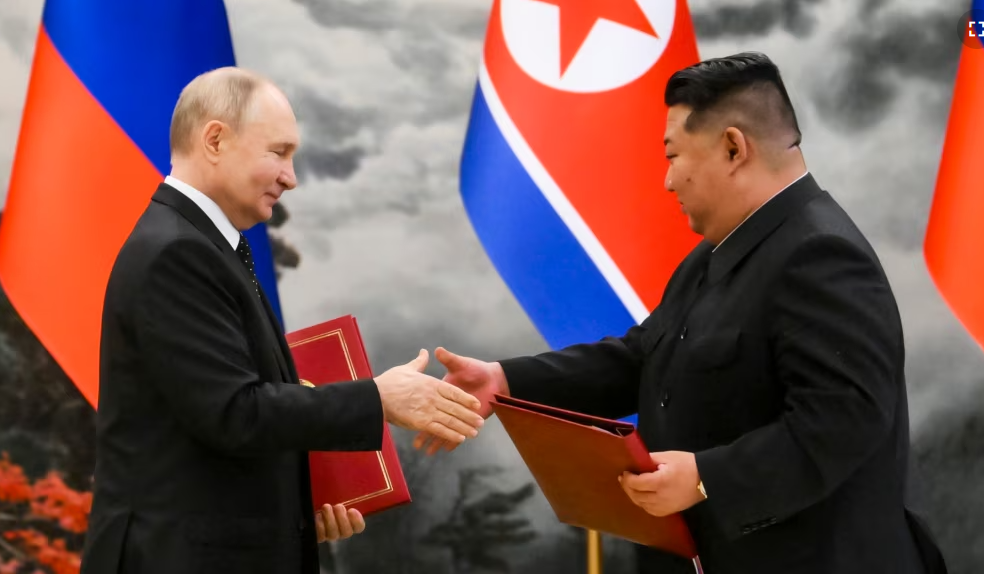
Zhang Yun, Professor, School of International Relations, Nanjing University
Jul 04, 2024
While China and the United States are the most important external stakeholders on the Korean Peninsula, Russia has focused more on its strategic interests in the region out of concern over security issues in Europe. To achieve enduring peace, communication must resume under the multilateral framework of the Six-Party Talks.
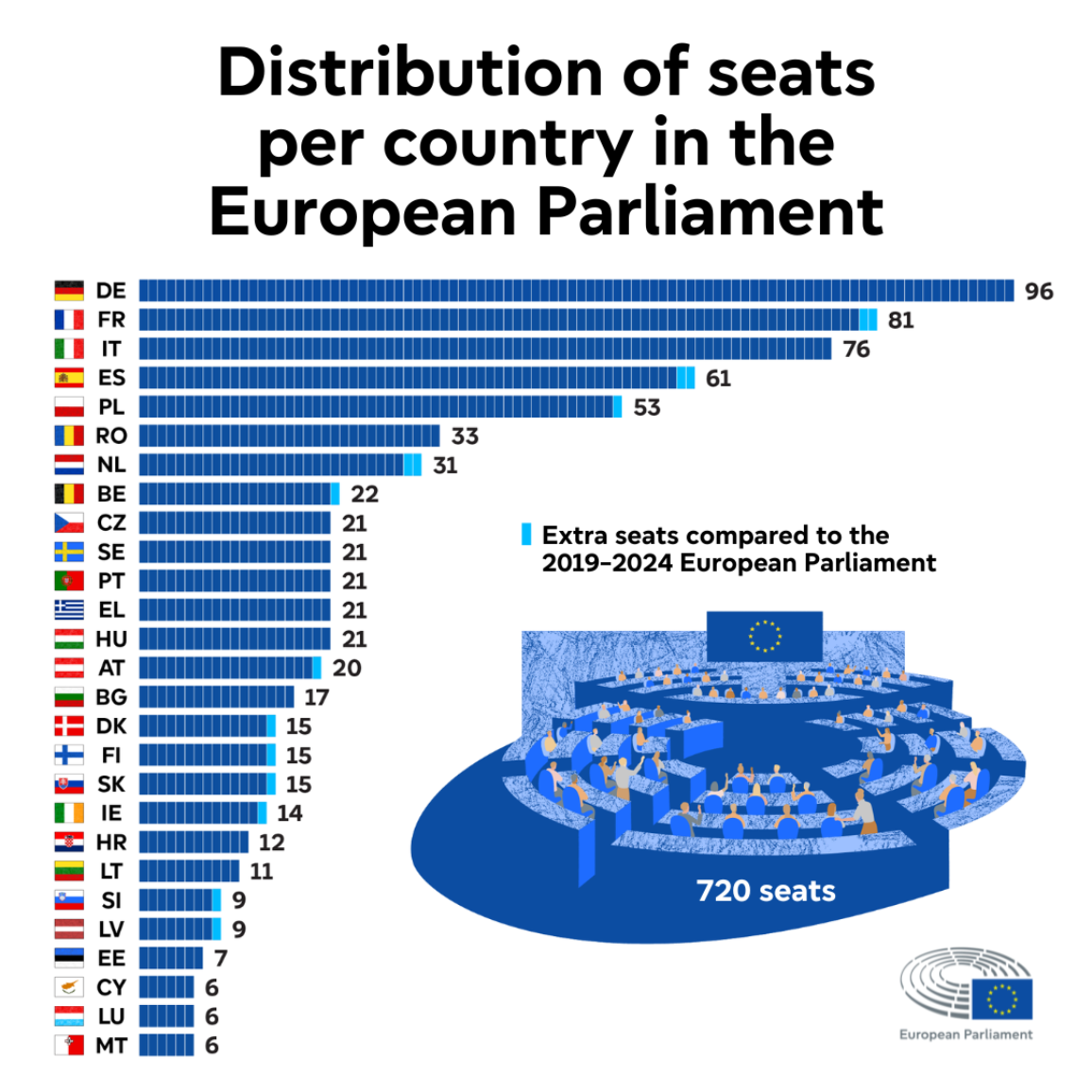
Jade Wong, Senior Fellow, Gordon & Leon Institute
Jul 03, 2024
The transformations spurred by the election are evolutionary rather than revolutionary. This year’s contest was less dramatic than earlier ones and the outcomes were more incremental.
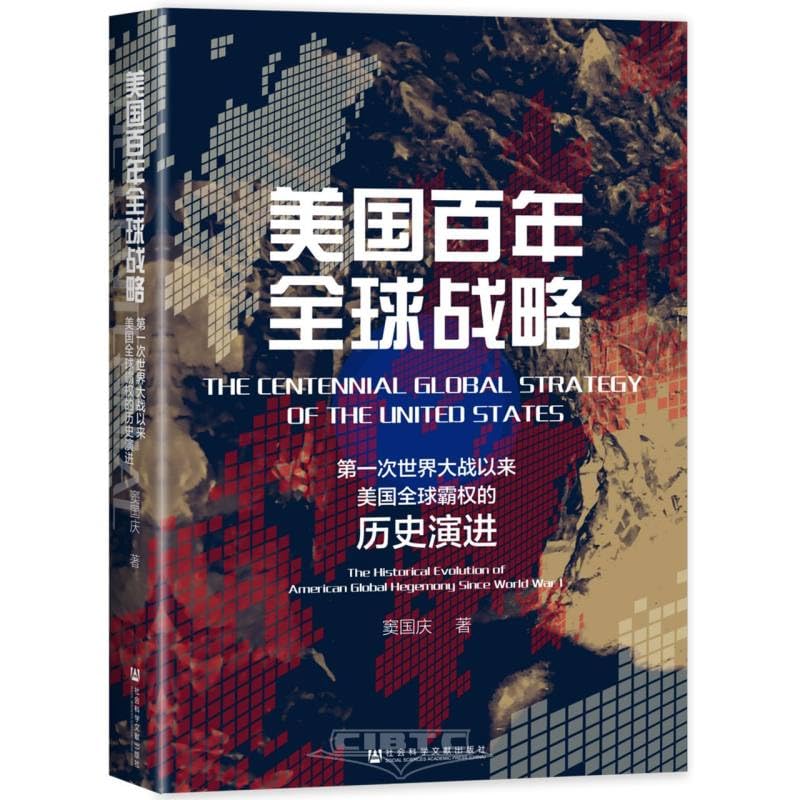
Dou Guoqing, Colonel of the People’s Liberation Army and Postdoctorate Researcher at PLA National Defense University
Jun 18, 2024
The United States has been the biggest beneficiary of changes in the international order over the past century. Four key factors have contributed to its current hegemony.
Back to Top

- China-US Focus builds trust and understanding between the U.S. and China through open dialogue among thought leaders.
- Our Offerings
- Topics
- Videos
- Podcasts
- Columnists
- Research Reports
- Focus Digest
- Stay Connected
-
Thanks for signing up!
- Get the latest stories from China-US Focus weekly.